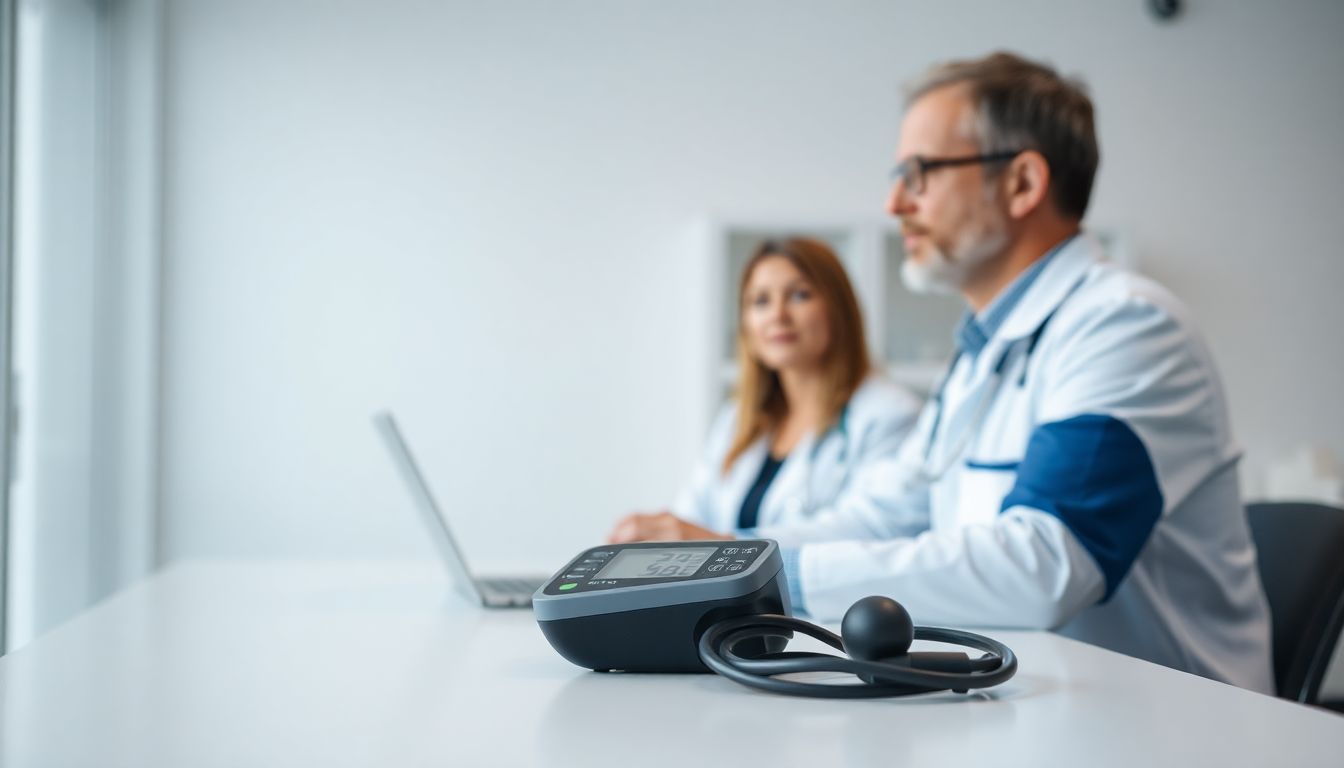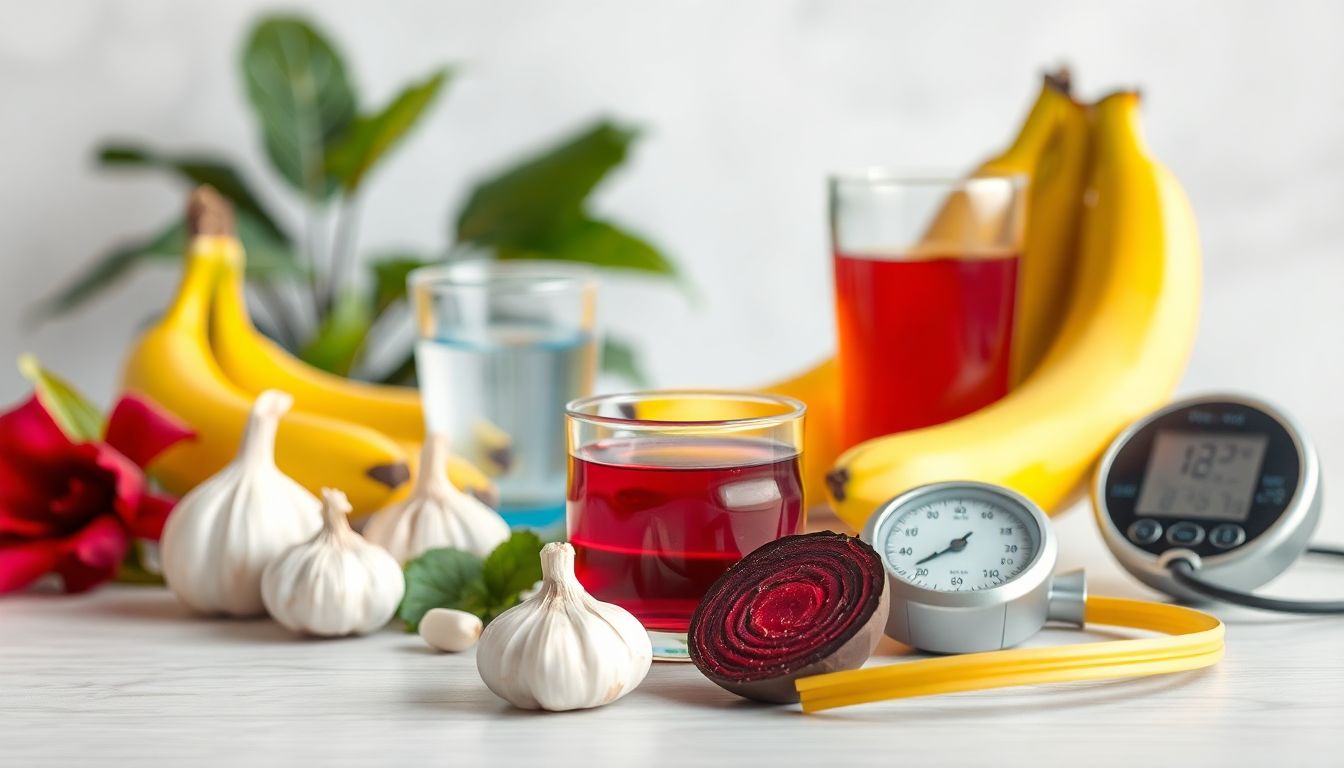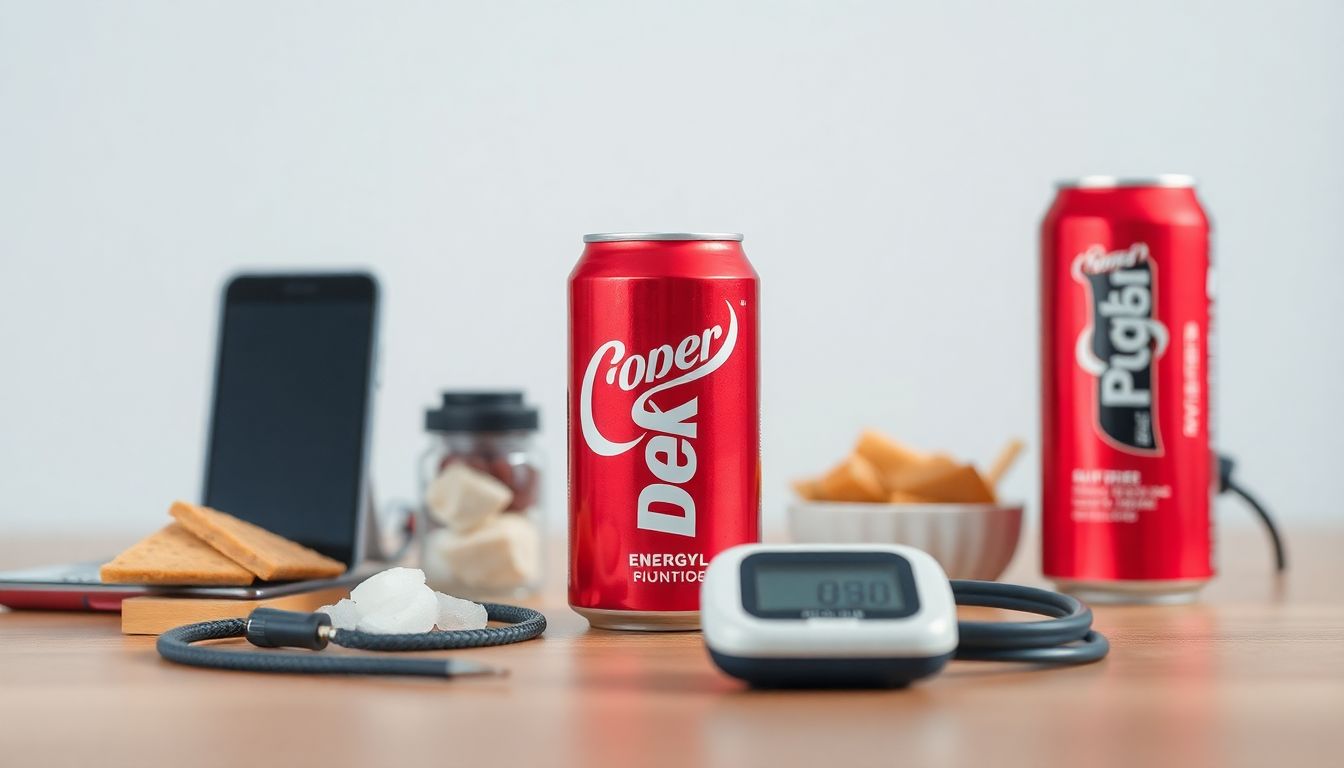Many people ignore high blood pressure because it doesn’t cause pain — but waiting too long can lead to heart attack, stroke, or kidney failure.
So, how do you know when it’s time to see a doctor?
This guide explains the warning signs that require medical attention, when to treat high readings as an emergency, and what steps your doctor will take to help bring your numbers under control.
(Related Reading: Understanding Blood Pressure Numbers: What They Really Mean)
⚠️ Why Acting Early Saves Lives
High blood pressure (hypertension) often progresses silently, damaging arteries and organs long before symptoms appear.
Regular checkups and prompt medical care can prevent:
- Heart attacks and strokes
- Vision loss
- Kidney disease
- Cognitive decline
(Also read: The Complete Guide to Lowering Blood Pressure Naturally)
🧭 When to Book a Routine Doctor Visit
You should see your doctor if:
- Your home readings average 130/80 mmHg or higher for more than one week
- You experience occasional spikes above 140/90 mmHg
- You have risk factors like diabetes, obesity, or family history
- You’re over 40 and haven’t had a recent checkup
- You’re starting new medication or supplements that may affect blood pressure
(Also read: Is It Safe to Take Blood Pressure Supplements with Medication?)
🚨 When to Seek Immediate Medical Attention
Call your doctor or visit the emergency room if you experience:
🔴 Dangerously High Readings
- 180/120 mmHg or higher (even once)
- Accompanied by symptoms like chest pain, shortness of breath, or blurred vision
⚡ Emergency Symptoms
- Severe headache or confusion
- Chest tightness or pain
- Difficulty breathing
- Sudden weakness or numbness (especially on one side of the body)
- Vision loss or double vision
- Nosebleeds that won’t stop
These could signal a hypertensive crisis, which can cause organ damage within hours if untreated.
(Also read: High vs. Low Blood Pressure: Key Differences Explained)
🩺 What Your Doctor Will Check
During your visit, your doctor will likely:
- Take multiple blood pressure readings using a calibrated device
- Review your home monitoring log
- Ask about diet, stress, sleep, and exercise habits
- Run blood and urine tests to assess kidney and heart health
- Possibly order an ECG or echocardiogram if pressure is persistently high
This helps determine whether you need lifestyle changes, medication, or both.
(Also read: BP Zone Review: Benefits, Ingredients, and Results)
💊 When Medication Is Recommended
Doctors typically prescribe medication if:
- Lifestyle changes don’t lower your BP after 3 months
- Your readings stay above 140/90 mmHg consistently
- You have diabetes, heart disease, or kidney disease
- You’ve had a prior stroke or heart attack
Common medications include ACE inhibitors, beta blockers, and diuretics — but natural approaches can complement them safely under medical supervision.
(Also read: Best Natural Supplements to Lower Blood Pressure)
🌿 Combining Medical Care with Natural Support
You can enhance your doctor’s treatment plan with science-backed natural approaches:
- Eat heart-healthy foods: leafy greens, berries, and whole grains
- Exercise daily: 30 minutes of walking or cycling
- Manage stress: deep breathing, meditation, or yoga
- Try natural support formulas: magnesium, CoQ10, or hibiscus (doctor-approved)
(Also read: DASH Diet vs. Blood Pressure Supplements: Which Works Best?)
🧘 How to Prepare for Your Appointment
Bring:
- A 7-day record of your home readings
- A list of current medications and supplements
- Notes about any symptoms (headaches, dizziness, etc.)
- Your questions about treatment options
Being proactive helps your doctor tailor a plan that fits your lifestyle and risk level.
(Also read: How Often Should You Check Your Blood Pressure?)
❓ FAQs — When to See a Doctor for High Blood Pressure
- What blood pressure is considered too high?
Anything consistently over 130/80 mmHg is elevated; above 180/120 is an emergency. - Can I lower my BP without seeing a doctor?
Lifestyle changes help, but you should still consult a doctor if readings stay high. - What will happen if I ignore high blood pressure?
It can lead to heart attack, stroke, kidney damage, and vision loss. - Should I call an ambulance for 180/120 BP?
Yes — this qualifies as a hypertensive crisis. - What if my blood pressure spikes temporarily?
Stress or caffeine can cause short spikes; track consistently before worrying. - Can my doctor diagnose high blood pressure from one visit?
Usually, they’ll confirm with multiple readings over time. - Do I need medication forever?
Not always — healthy habits can sometimes reduce or eliminate the need. - Can supplements interfere with medication?
Some can. Always consult your doctor before combining the two. - What tests will my doctor run?
Blood tests, ECG, and sometimes imaging to check heart and kidney function. - Can stress alone cause high blood pressure?
Yes, chronic stress contributes significantly to persistent hypertension.
❤️ Final Thoughts
Knowing when to see a doctor can mean the difference between prevention and emergency.
Don’t wait for symptoms — monitor your readings regularly and get professional advice early.
A balanced approach that combines medical care, lifestyle changes, and natural support gives you the best long-term heart health.
(Also read: The Complete Guide to Lowering Blood Pressure Naturally)
📚 Related Articles
- Understanding Blood Pressure Numbers: What They Really Mean
- How Often Should You Check Your Blood Pressure?
- Is It Safe to Take Blood Pressure Supplements with Medication?
💡 Next Step:
Ready to take control of your numbers naturally?
👉 Explore the Best Natural Supplements to Lower Blood Pressure →











